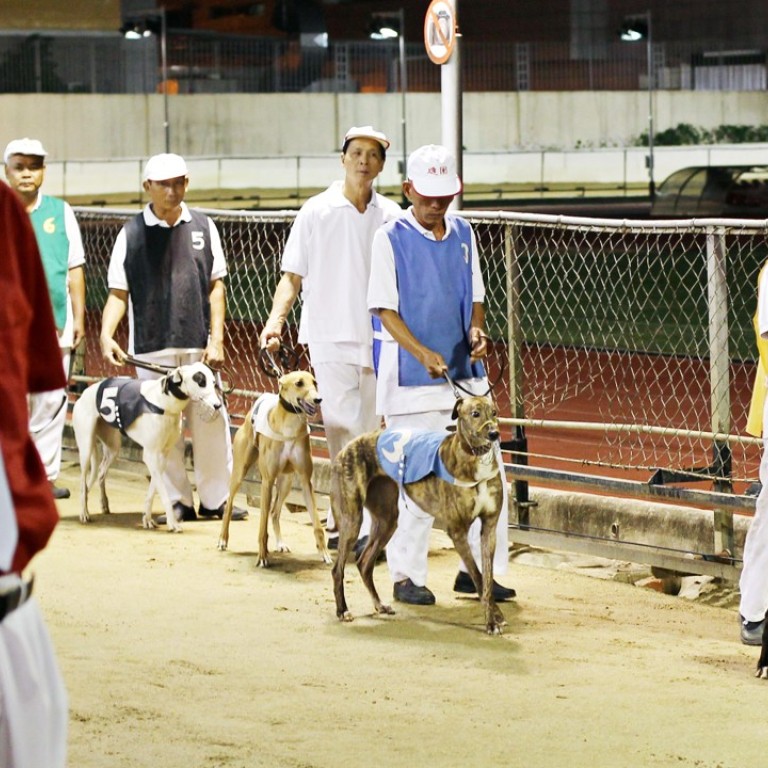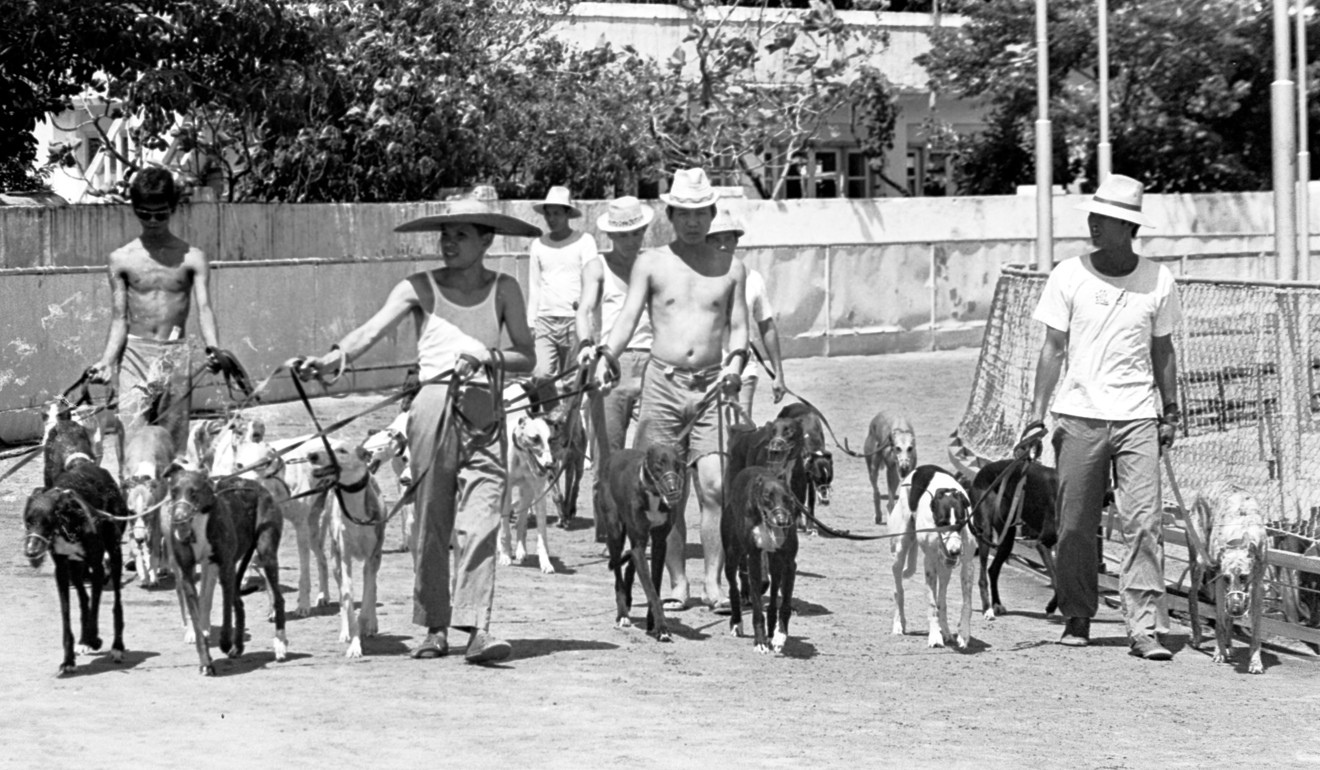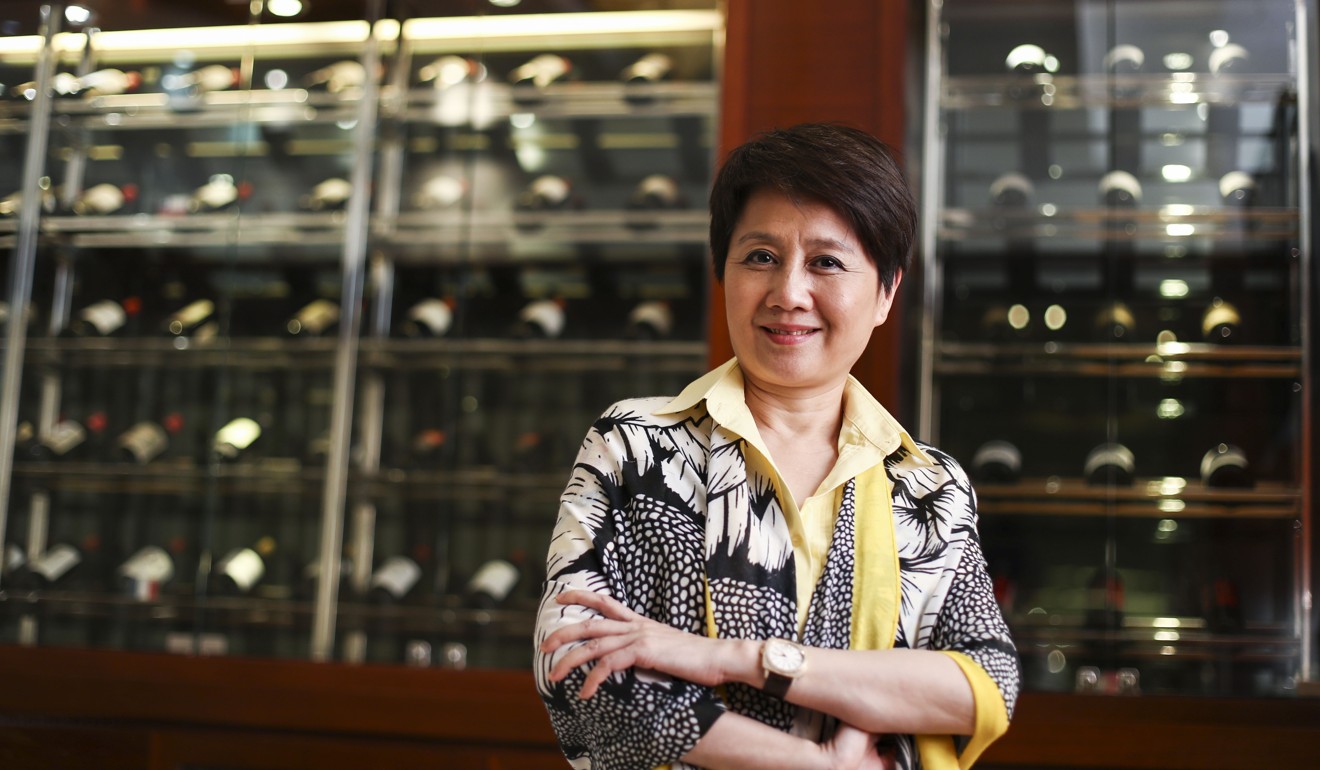
Exclusive | After Macau closes Asia’s only greyhound racing facility, what will happen to its 500 dogs?
With fewer than 100 days to go until last race is run, there is little physical evidence the ramshackle relic of gambling days gone by is going anywhere
Asia’s only official greyhound racing facility is on its last legs.
Dwindling attendances, the transformation of the city around it and, above all, changing public attitudes towards the treatment of animals meant when the official announcement came in January that the Macau Canidrome was to close its doors on July 21, it was hardly a surprise.
But with fewer than 100 days to go until its last race is run, there is little physical evidence the ramshackle relic of gambling days gone by is going anywhere.

Claims emerged in 2016 that the run-down facility was operating a “dog breeding’’ programme, following a high-profile international campaign by animal welfare groups that closed off the last international avenue through which the canidrome could import racing greyhounds.
Why is it that as many as 45 greyhound puppies are being reared at the track?
“Why is it that as many as 45 greyhound puppies are being reared at the track?” he asked. “As far as I know, none of them have reached racing age yet, so what is the point of breeding them?
“As it gets closer to July 21, the date which has been given for the place to close, we are still concerned about the fate of the more than 500 greyhounds currently active after the racing stops.”
Martins said the campaign to highlight what animal welfare groups say are substandard conditions for dogs at the facility has helped raise the profile of their efforts. And so far, he added, Anima has received interest from about 400 people around the world wanting to adopt the dogs when the canidrome stops operating.
“I am not sure if the Macau authorities are aware this breeding programme exists, nor whether the track has been authorised to use the dogs for racing once they reach racing age,” Martins said. “But if the canidrome is closing in less that 100 days, this raises many questions.

“Does the track, which throughout its existence until very recently only imported dogs which were already trained and ready for racing, have the experience and expertise to run a breeding programme?”
Leong, who is also managing director of casino operator SJM Holdings and holds an estimated personal net worth of US$4.1 billion, has dismissed concerns of animal welfare activists that the dogs could be disposed of as a “smear.”
New law prevents Australian greyhounds being taken to China after dogs raced against cheetahs in Shanghai
She said the almost 600 greyhounds at the track would be taken care of when it closes. Leong has not responded to questions from the Post about the “breeding programme”.
Meanwhile, Martins said he had “very reliably sourced confirmation” of the “existence” and “scope” of the programme.
The track first opened in 1931 and closed during the second world war and beyond, only resuming races in 1965. The relaunch of dog racing was part of an early effort to turn Macau into a Western-style gambling hub.
Initially, the push worked. But as Macau developed into the world’s most cash-rich gaming destination, overtaking Las Vegas severalfold, the dog track has seen its fortunes tumble in both financial and reputational terms.

